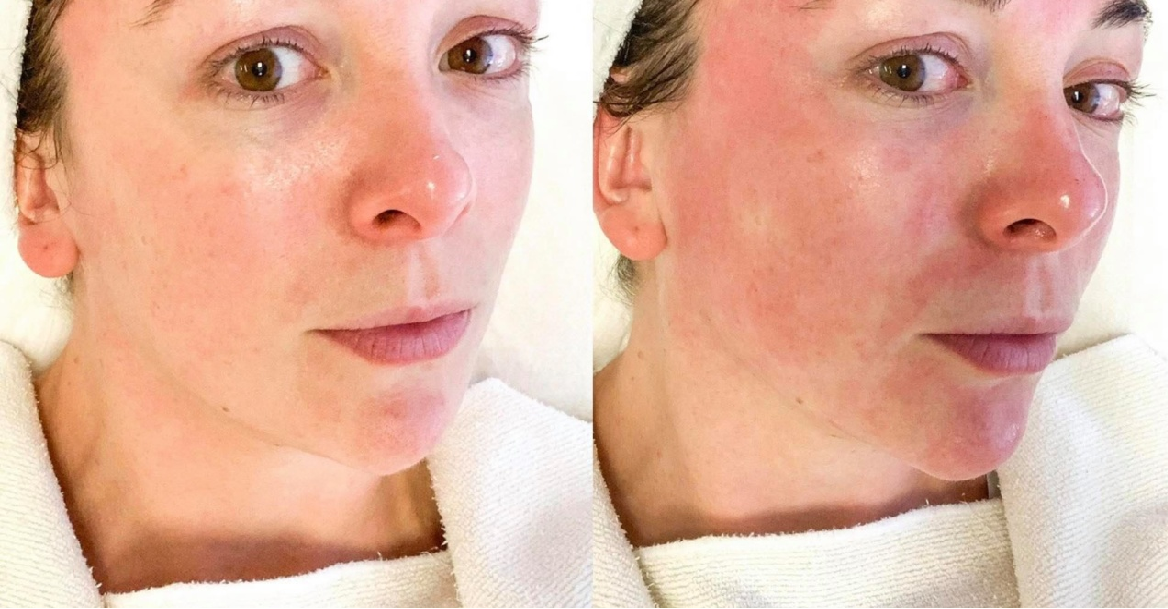Are you interested in trying skin needling but worried about injuries and other adverse side effects that may come as a result? As worrisome as it might sound, skin needling is relatively safe for as long as it’s done correctly. Many skin doctors even regard it as the safest among all available skin resurfacing treatments currently on the market.
To understand what makes skin needling such a safe skin resurfacing treatment, it is necessary to obtain a good understanding of how it works. Only then can you appreciate the relative ease and safety that skin needling has to offer compared to say, laser resurfacing or micro dermabrasion.

What makes skin needling a safer alternative to skin resurfacing?
Have you ever noticed how the skin automatically regenerate and heals itself after an injury? Well, skin needling works the same way, albeit in a more controlled and refined manner.
Also known as CIT (Collagen Induction Therapy), micro-needling revolves around the use of a handheld device that features an array of tiny needles. These are pressed directly unto the skin creating hundreds of microscopic puncture wounds that “trick” the body into producing more collagen to restore the skin to it’s younger a fairer state.
Now some people might hesitate to buy a skin pen or similar treatments due to how painful it sounds. However, the truth is that the process isn’t generally painful at all. This would depend on one’s tolerance for pain, but most patients would describe the process as painless, maybe a slight discomfort but far from unmanageable.
Micro-needling — a suitable skin resurfacing treatment for any skin type
Another factor that makes skin needling a safer option compared to other skin resurfacing techniques is that it’s ideal regardless of one’s skin type. As long as there are no contraindications or underlying health conditions that would deem skin needling unsafe (diabetes, bleeding disorders, immunodeficiency disorders), micro-needling is significantly a much safer alternative to dermabrasions and laser resurfacing which practically destroys the upper epidermis of the skin. This is why it often takes days (if not weeks) for people to recover from traditional skin resurfacing treatments.
Of course, one crucial factor that you would want to remember when it comes to ensuring safe results with skin needling is to only get the treatment from qualified skin doctors using approved micro needling equipment. While you’ve no doubt heard stories about botched skin needling treatments, it is well worth noting that most (if not all) of these cases involve the use of cheap skin needling devices and services from questionable sources.
Last but not least, patients must abide by their skin doctor’s recommendations on how often to do micro-needling. As a rule of thumb, the treatment must only be repeated after the skin has fully healed. This can take anywhere from six to eight weeks. That said, it is essential to note that collagen induction can persist for up to a year following a skin needling treatment. Hence it can take some time for patients to glean noticeable improvements on their skin.
